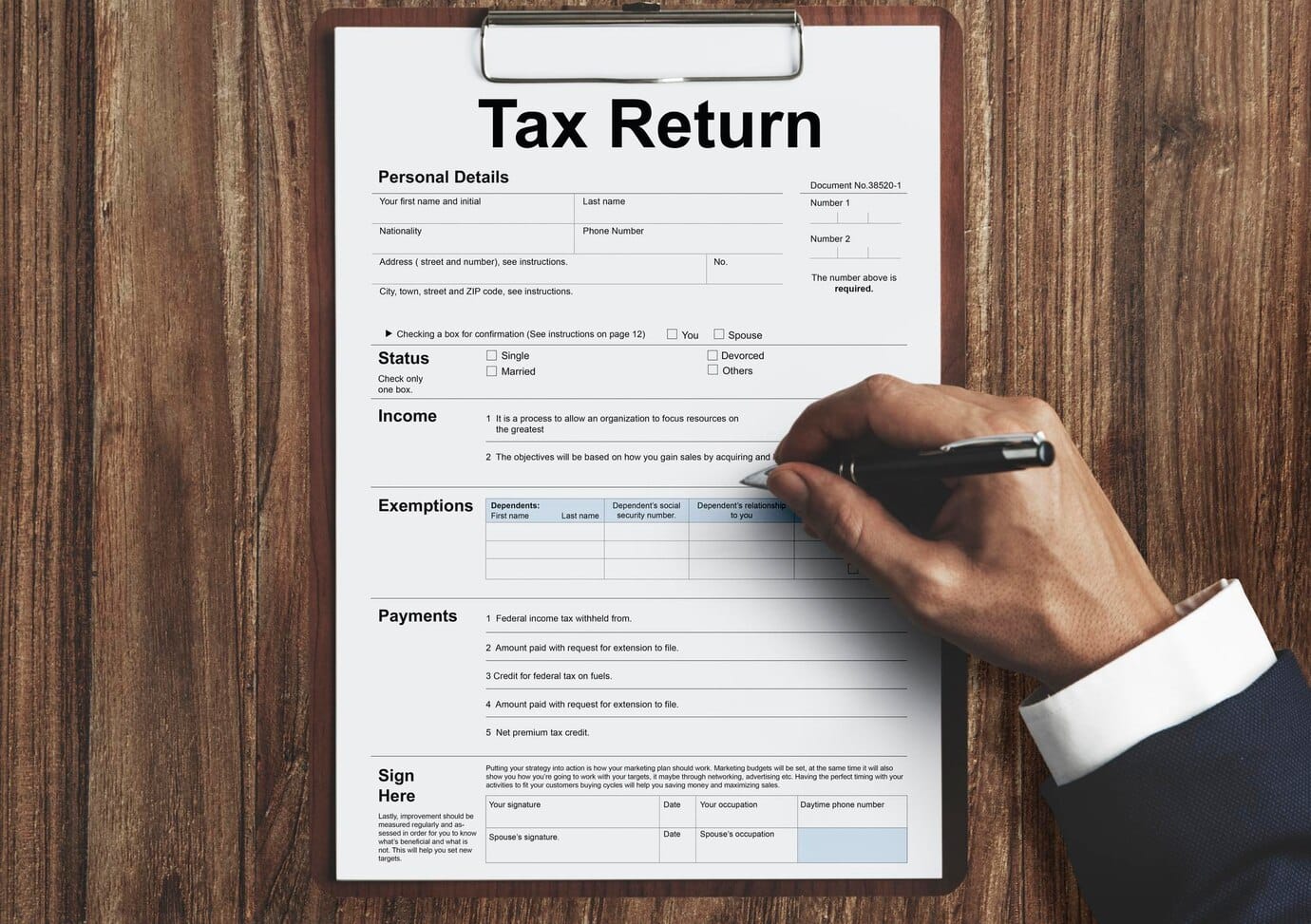Do you need to file a final tax filing for an estate if you live in California? Learn about the requirements for filing a final tax return for an estate in California. Understand the obligations and procedures for handling estate taxes in the state.
Understanding Estate Taxes in California
When an individual passes away, their estate may be subject to estate taxes depending on the total value of the assets left behind. In California, it is essential to understand the requirements for filing a final tax return for an estate to ensure compliance with state laws.
Who Needs to File a Final Tax Return for an Estate?
In California, if the decedent’s estate exceeds a certain threshold, a final tax return must be filed. The threshold for estate taxes in California can vary, so it is crucial to determine whether the estate meets the criteria for filing.
Important Steps for Filing a Final Tax Return
-
Estate Inventory: Compile a detailed inventory of all assets and liabilities of the estate.
-
Valuation of Assets: Determine the fair market value of each asset to calculate the total estate value.
-
Consultation: Seek guidance from a tax professional or estate attorney to ensure accurate filing.
-
Form Preparation: Complete the necessary tax forms required for filing a final tax return for the estate.
Handling Estate Taxes in California
California has specific procedures for handling estate taxes, and it is essential to follow these guidelines to avoid any penalties or legal issues.
Payment of Estate Taxes
Once the final tax return for the estate is filed, any estate taxes owed must be paid to the California Franchise Tax Board. Failure to pay estate taxes on time can result in additional fees and interest.
Deadline for Filing
It is crucial to adhere to the deadlines set by the California Franchise Tax Board for filing a final tax return for an estate. Missing the deadline can lead to penalties and complications in the estate settlement process.
Ensuring Compliance with California Estate Tax Laws
Compliance with California estate tax laws is essential to avoid any legal issues or disputes during the estate settlement process. By understanding the requirements for filing a final tax return for an estate in California, individuals can ensure smooth estate administration.
Seeking Professional Assistance
For complex estates or if unsure about the filing requirements, it is advisable to seek assistance from a tax professional or estate attorney. These professionals can provide guidance and ensure accurate compliance with California estate tax laws.
Final Considerations for Estate Tax Filings in California
As you navigate the process of filing a final tax return for an estate in California, it is crucial to stay informed about the latest regulations and requirements. By staying proactive and seeking professional advice when needed, individuals can effectively manage estate taxes and ensure compliance with state laws.
Buried in Work’s Additional Resources
Buried in Work provides California state-specific service provider directories and information related to estate preparation, end-of-life tasks, and estate transition information. Click here to learn more.
If you have feedback, questions, or ideas for future articles or Information Hubs, please contact us. Your insights help us create valuable content.


